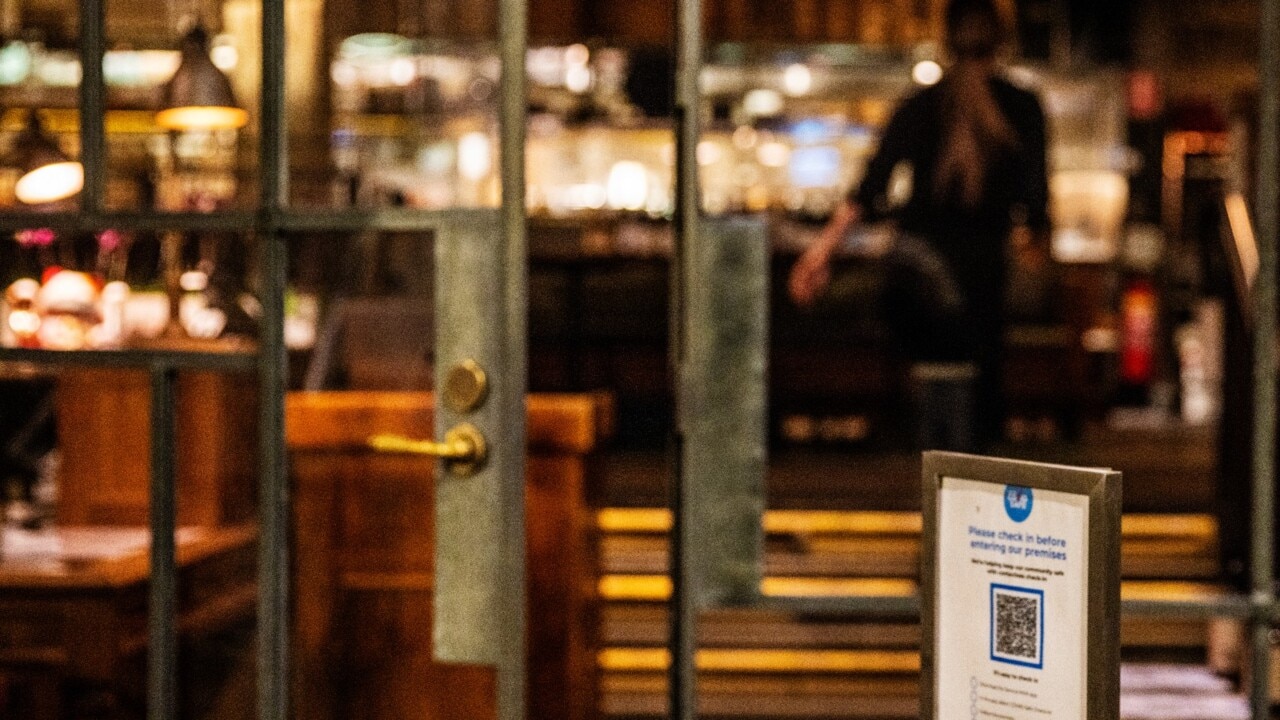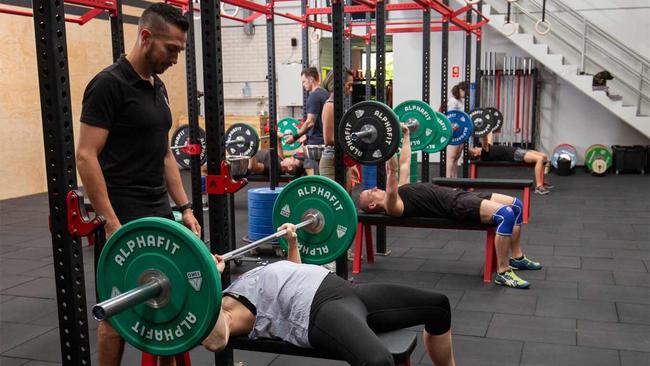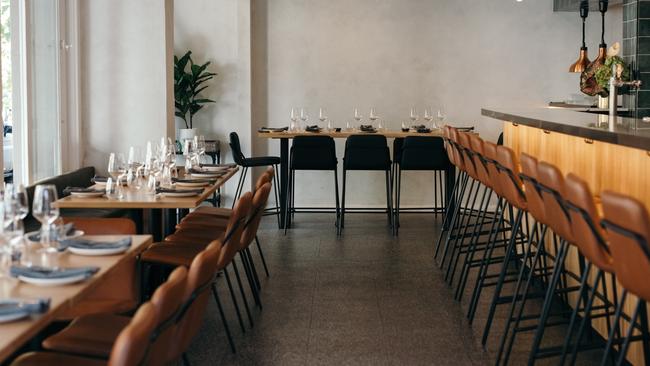NSW insolvencies in July hit 184 as businesses face lockdown crisis
Builders and a popular inner-city wine bar are among a raft of NSW company collapses in the last month. See the full list.

Business
Don't miss out on the headlines from Business. Followed categories will be added to My News.
Construction companies, gyms, popular eateries and a finance, energy and IT empire were among 184 corporate insolvencies in NSW in July as the economic cost of the lockdown deepens.
Headlining the list is the collapse of Forum Finance, whose director Bill Papas is at the centre of an alleged $400m fraud against major lenders including Westpac, Societe Generale and Japan’s Sumitomo Mitsui Banking.
Popular inner-city wine bar and eatery Eliza Food and Wine in Darlinghurst was also wound up in July, while Newtown’s Jin’s Teahouse Bar & Restaurant closed its doors with plans to reopen at another location.
Alexandria-based gym Chalk Up was also wound up in July, but owner Andrew Ponce said it was due to a dispute between business partners, and there were already plans to reopen once lockdown restrictions eased.
“We’re talking to the liquidator about buying back the business - taking on the debts and liabilities,” he said.
“We have an amazing landlord who gave us the entire time rent free during the first lockdown, and when we reopened he gave us 50 per cent rent until we got back on our feet.
“Because of the current lockdown we don’t know when we might be able to reopen.
“We’re hoping that by the end of September we might be able to reopen in some way at the premises, maybe for outside sessions, but inside we’re probably looking at closer to Christmas.”

Documents lodged with ASIC show the company owes a little more than $50,000 to creditors, but Mr Ponce said the debts would be taken on by a new operating entity.
The setback comes less than two years after the gym was forced to rebuild following a fire at its previous premises.
Mr Ponce said the generous support of Chalk Up’s landlord and members had helped it bounce back from the fire and the onset of Covid-19 just weeks later.
“Initially, during the first lockdown it was pretty hard - we didn’t think we’d get through. “After the fire, being open for only four weeks before having to close down again was really tough,” he said.

“We had a lot of support - government grants, JobKeeper and things like that - that allowed us to rebuild during the first lockdown.
“But we have lost 50 per cent of our membership which is huge for a small business.”
The 184 insolvencies in July were up slightly on June’s 179 appointments and 171 in May, but the figure remains well below the state’s pre-Covid average.
Insolvency firm Meertens chief executive James McPherson said businesses had become more resilient during the pandemic, and were better prepared to survive more lockdowns and economic shocks.
“Businesses have had the opportunity to restructure, learn how to do things smarter, restructure their costs, restructure their staffing – they’ve trimmed their fixed cost structure maybe by cutting rent,” Mr McPherson said.
“As a result they’ll be trimmer, which means they’re in a great position to bounce off into this new environment. I’m not expecting a catch-up wave of (insolvency) appointments.

“I remember post-GFC things were quiet in the (insolvency) industry and the ATO came out and said that they were owed around $19bn from businesses. There was a bit of glee amongst the industry because we thought that’s going to result in some significant enforcement action from the ATO, that it would result in jobs and we’ll have some work in the pipeline.
“That didn’t eventuate 10 years ago and here we are, and the debt’s ballooned from $19bn to $53bn, and I’m not aware that the ATO’s taking any more aggressive enforcement steps.”
Mr McPherson is expecting a strong economic recovery as the health impact of the pandemic eases, and as Australians continue to spend their money locally rather than abroad.
“What we found is that whilst some industries have suffered – hospitality, bars and so forth - other industries have done exceedingly well,” he said.
“The Harvey Normans, the Bunnings’ – these big events, at first blush, you can’t pick on how it’s going to impact on the economy.”





